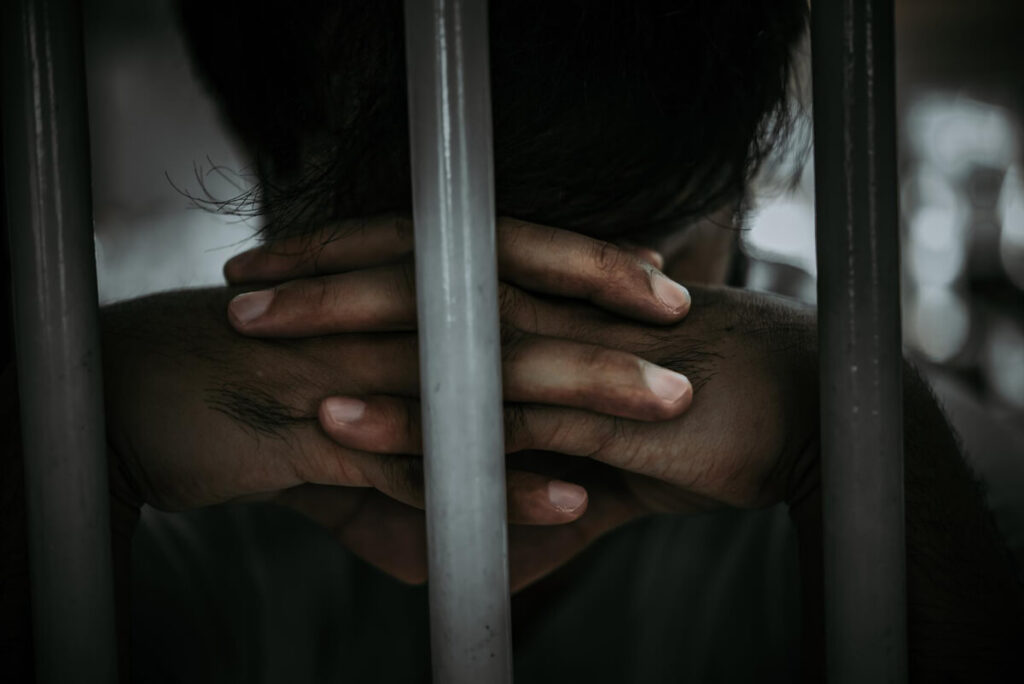August 6, 2022
Good morning. Every Saturday, we write about one specific right that we possess as citizens in our country. In today’s edition of “Know Your Rights”, we examine the right to pardon in India.
KNOW YOUR RIGHTS – EDITION 51
Right To Pardon In India

A few months back, the Governor’s power to grant pardon was called into question when a petition was filed by A. G. Perarivalan who was one of the life convicts in the Rajiv Gandhi assassination case (he was eventually released on the orders of the Supreme Court). The Governor of Tamil Nadu, ignoring the recommendation of the state government to release all seven convicts under Article 161, referred the case to the President.
So who exactly has the power to grant pardon in India? The short answer is that the President, as well as the Governor of every state, have been vested with the sovereign power, referred to as the mercy power, by the Constitution of India.
Article 72 outlines the President’s power to grant pardons, remissions, reprieves, or respites of punishment or suspend, commute or remit the sentence of any convicted person. Article 161 of the Constitution awards identical powers to the Governor of each state of India. Article 72, however, can be evoked only under specific circumstances.
- When the punishment is awarded by a court-martial
- When the punishment is awarded in the cases of offense against any law relating to matters of executive power of the union
- When the sentence is the death penalty
While the scope of the President’s clemency powers is wider, the Governor possesses this power for any person convicted of any offense. But how do these powers differ at the Centre and State levels? The pardoning power of the Governor does not extend to cases granting the death penalty, unlike the President. Additionally, the President can grant clemency in cases where the punishment is awarded by the Court Martial while the Governor is not authorized to do so.
It should be noted that, unlike the mercy powers of the USA President, the Indian Constitution states that the President cannot exercise this power independent of the Cabinet’s advice. Once the Rashtrapati Bhawan receives the mercy pleas, it is forwarded to the Home Ministry for the Cabinet’s input. In case of any conflict between the two bodies, the President can act under his/her discretion or return the advice to the Cabinet for reconsideration with the risk of the initiation of impeachment proceedings.
The President of the USA, on the other hand, possesses this power in a discretionary manner. He/she is not answerable for their pardons and, as the USA Supreme Court states, this power is granted without limit and cannot be restricted by Congress. The power, however, can be exercised only in relation to federal crimes and it cannot be invoked in cases of impeachment.
On a similar note, the judiciary has also interfered with the power of the President and Governor to grant pardons on three significant cases in the form of judicial reviews.
- Epuru Sudhakar case: The judiciary ruled that granting of mercy by the President and Governor can be challenged under four specific circumstances namely;
- If the order has been passed without application of mind
- If the order is mala fide
- If the order has been passed on extraneous or wholly irrelevant considerations
- If relevant material has been kept out of consideration
- Kehar Singh vs Union of India: The judgement passed held that the grant of pardon by the President cannot be claimed as a matter of right as it is an act of grace.
- Maru Ram vs Union of India: As mentioned above, the Supreme Court ruled in this case that the President can exercise the power granted to him under Article 72 under the pretext that it is exercised on the advice of the Central government and not by the President on his own. It also stated that the advice of the Government is binding on the President.
Although there are limits to the extent of this power, an opinion piece from The Times of India argues that mercy petitions are “an anachronism that has no place in the Constitution of a democratic republic.” In a response to this, a piece published on Scroll states that virtually every modern nation allows for external institutions other than the judiciary to grant pardons to people convicted of crimes. It would be far from the truth to assume that this power is a replica of monarchies that established their legitimacy from the divine.
The two-judge bench of the Supreme Court handling the Epuru Sudhakar case stated that the rationale behind the power of pardon is “the determination of the ultimate authority that the public welfare will be better served by inflicting less than what the judgment fixed.” In this way, the power to pardon acts as a safety valve against the potentially fallible justice system, working in the interest of public welfare.
Additionally, there have been cases where although the perpetrator has been rightfully convicted, the punishment seems to be disproportionate. More importantly, in every nation, the power to pardon is required to ensure that the wounds in society can be healed without placing excessive importance on crime and convictions, straying the nation from focusing on reconciliation.

